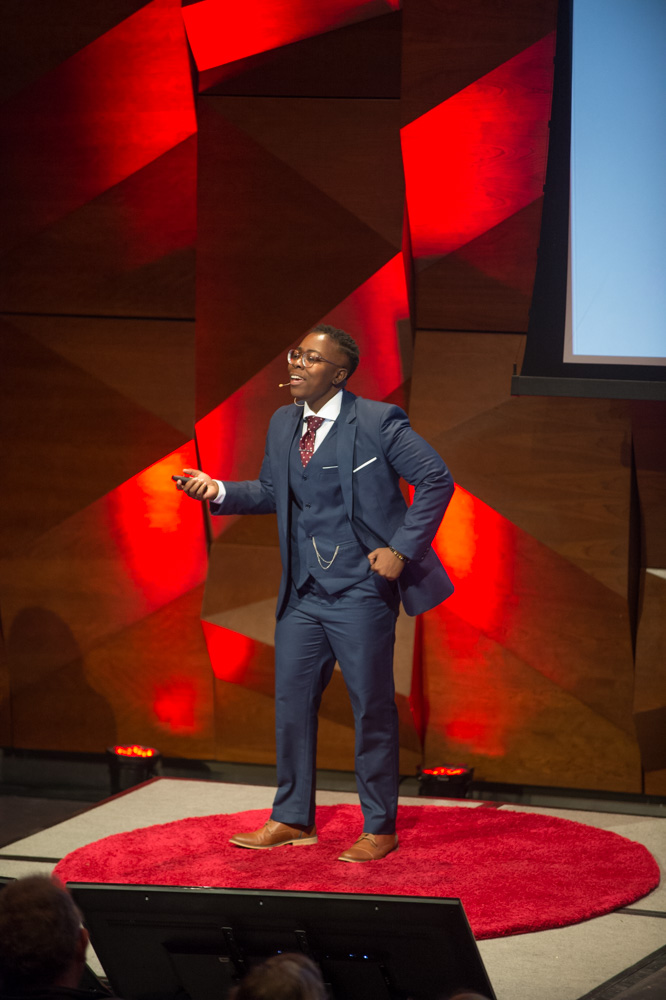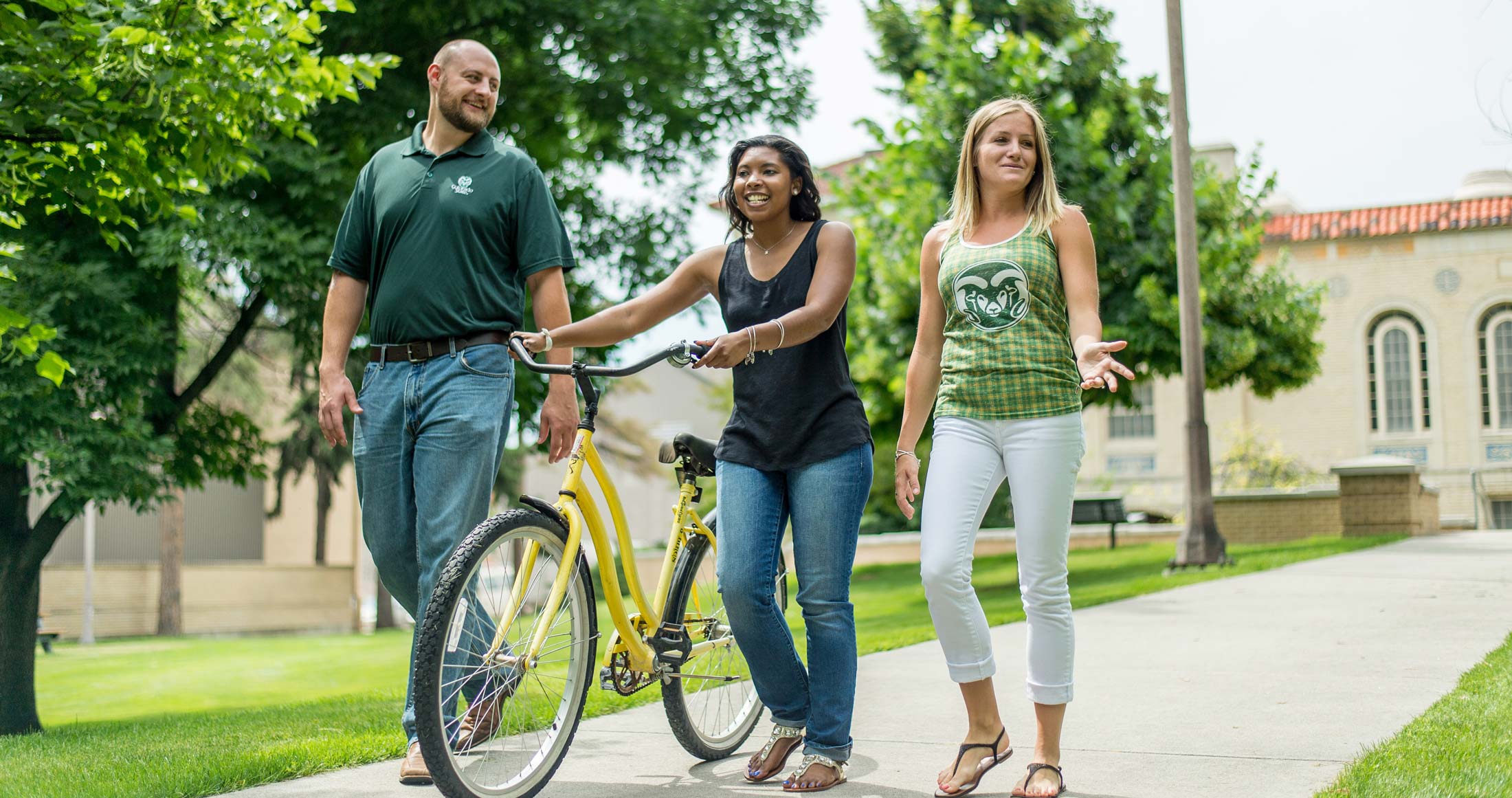
College of Business students, focused on making their mark by using business for a better world, are giving weight to their deeply held values around equality as they navigate career searches, asking hard questions of companies about how diversity, equity and inclusion show up in the workplace.
This demand for action from students, and the growing understanding among companies of the benefits gained by increasing diversity, spurred the creation of the College’s inaugural Business Inclusion Summit – held virtually – which brought together Biz Rams and top recruiters. Their discussion focused on what diversity, equity and inclusion efforts are currently underway at companies, why student perspectives are needed and how everyone has a role in play shaping the business landscape to be more equitable.
“The purpose was to start really talking about how inclusion needs to be not only a part of what shows up in our curriculum, but it also has to be a part of what shows up in companies as well,” said Patrice Palmer (they, them, theirs), who organized the Summit and serves as the College’s director of social and cultural inclusion.
Dozens of students and professionals kicked off the Summit with a keynote address from J. Nikol Jackson-Beckham, founder of Crafted For All, which helps craft beverage companies develop equitable and just practices that promote business success.
What Students Want
For Connor Lammel, a sophomore in the College who grew up in a predominantly white, middle-class town outside of Omaha, when he came to CSU and joined the President’s Leadership Program it was the first time he’d been taught by Black instructors, like Patrice Palmer. The impact of that experience has been profound.
“I was really excited to see what Patrice had put together,” said Lammel after hearing about the Inclusion Summit and the opportunity to learn more about how companies were approaching topics surrounding diversity.
“It’s not someone else’s work to do. It’s all of our work to do because people of color have been working towards equality their whole lives and they’re tired of being the only ones,” said Lammel. “As business leaders, we need everyone to be doing these things.”
Yailynn Almanza-Melendez, a senior in the College of Business, had an eye-opening experience with the College’s Business Diversity Leadership Association when the group hosted a gender wage gap discussion.
“A lot of people came and they had really opposing views,” said Almanza-Melendez. “But, we were able to handle that conversation in such a great way where everyone learned from each other.”
“At the end of the day, everybody does really care for each other, and people are so open to discussion, which I really enjoy about the College of Business,” she said.
“Collectively, diversity and inclusion is a journey that we’re all on.”
– Patrice Palmer, Director, Social & Cultural Inclusion
CSU College of Business

Although many of the companies that were represented at the Summit had robust diversity and inclusion strategies incorporated into their organizational goals, not all the students’ questions had easy answers.
“What I really liked about the Inclusion Summit is that there was also a point where the company reps were super vulnerable,” said Almanza-Melendez, who saw their candor and openness to having a larger dialogue encouraging.
“They were like, ‘My company doesn’t do this, this and this … but I hope moving forward we’re able to hire people who can bring something like that into the space.’”
Palmer sees the Summit as one more step toward drawing everyone in College of Business community together in pursuit of a greater goal: “A space where students feel seen, they feel heard, and they feel like they are prepared to go into the industry and make change.”
“Collectively, diversity and inclusion is a journey that we’re all on,” said Palmer, who was encouraged by the broad group of students who took part in the Summit.
“That to me was probably the most change that I witnessed, the fact that we had so many students who were like, ‘Oh, this is about me too.’”
In their role as director of social and cultural inclusion, Palmer is continuing to create opportunities for students and employers to join the conversation.
Learn more about the College of Business’s efforts to foster a welcoming and inclusive environment.